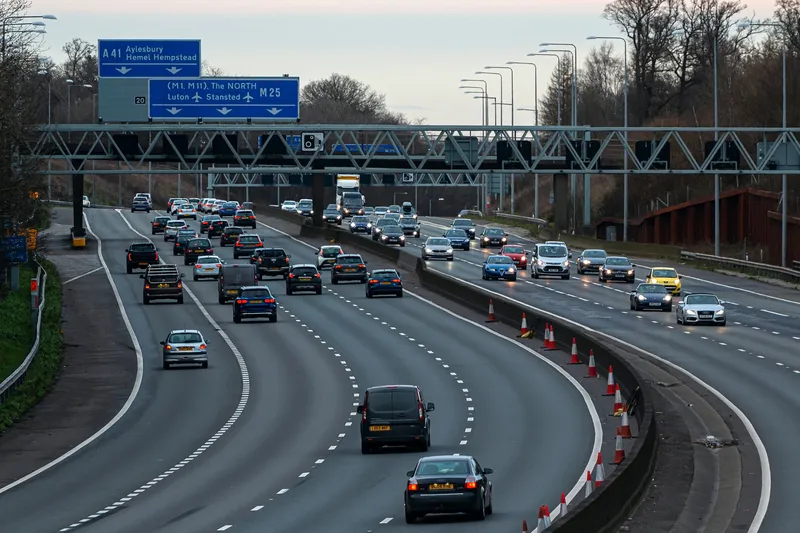A government announcement has revealed that the UK’s Highways Agency will be replaced with Highways England and will be a government-owned company from April 2015. In support of the changes, the Freight Transport Association (FTA) has said that “the new name reflects the importance of its new role.”
In its first strategic business plan, Highways England sets out how the new body will deliver the Government’s US$23.5 billion road investment programme over the next five years.
The plan envisages spend
December 10, 2014
Read time: 2 mins
A government announcement has revealed that the UK’s 503 Highways Agency will be replaced with Highways England and will be a government-owned company from April 2015. In support of the changes, the 6983 Freight Transport Association (FTA) has said that “the new name reflects the importance of its new role.”
In its first strategic business plan, Highways England sets out how the new body will deliver the Government’s US$23.5 billion road investment programme over the next five years.
The plan envisages spending targets of US$17 billion of capital investment, US$8 billion to replace worn out roads and US$1.8 billion in efficiency savings. It also promises the building of 400 miles of extra capacity by creating smart motorways and a new ‘expressways’ standard for A roads with modernised junctions, refuge areas and advanced technology.
Commenting on the announcement Malcolm Bingham, FTA head of Road Network Management Policy said: “FTA has supported the change in the function of the Highways Agency. Now the new title of Highways England will reflect the remit of the new organisation which we believe is important. The new organisation will provide a developing Strategic Road Network of motorways and trunk roads for the next five years. FTA has been and will continue to work closely with the new governance arrangements to ensure that the road freight users’ voice is fully represented.”
The Infrastructure Bill, which is expected to receive Royal Assent by March 2015, will also provide for a strategic road network monitor role which will be undertaken by the Office of Rail Regulation, who will publish information on the performance of the new Highways England and will have the power to take action for poor performance.
The Bill will also see Passenger Focus renamed Transport Focus, to provide road users with a stronger voice in how roads are managed and maintained. It is expected to receive Royal Assent by March 2015.
In its first strategic business plan, Highways England sets out how the new body will deliver the Government’s US$23.5 billion road investment programme over the next five years.
The plan envisages spending targets of US$17 billion of capital investment, US$8 billion to replace worn out roads and US$1.8 billion in efficiency savings. It also promises the building of 400 miles of extra capacity by creating smart motorways and a new ‘expressways’ standard for A roads with modernised junctions, refuge areas and advanced technology.
Commenting on the announcement Malcolm Bingham, FTA head of Road Network Management Policy said: “FTA has supported the change in the function of the Highways Agency. Now the new title of Highways England will reflect the remit of the new organisation which we believe is important. The new organisation will provide a developing Strategic Road Network of motorways and trunk roads for the next five years. FTA has been and will continue to work closely with the new governance arrangements to ensure that the road freight users’ voice is fully represented.”
The Infrastructure Bill, which is expected to receive Royal Assent by March 2015, will also provide for a strategic road network monitor role which will be undertaken by the Office of Rail Regulation, who will publish information on the performance of the new Highways England and will have the power to take action for poor performance.
The Bill will also see Passenger Focus renamed Transport Focus, to provide road users with a stronger voice in how roads are managed and maintained. It is expected to receive Royal Assent by March 2015.









